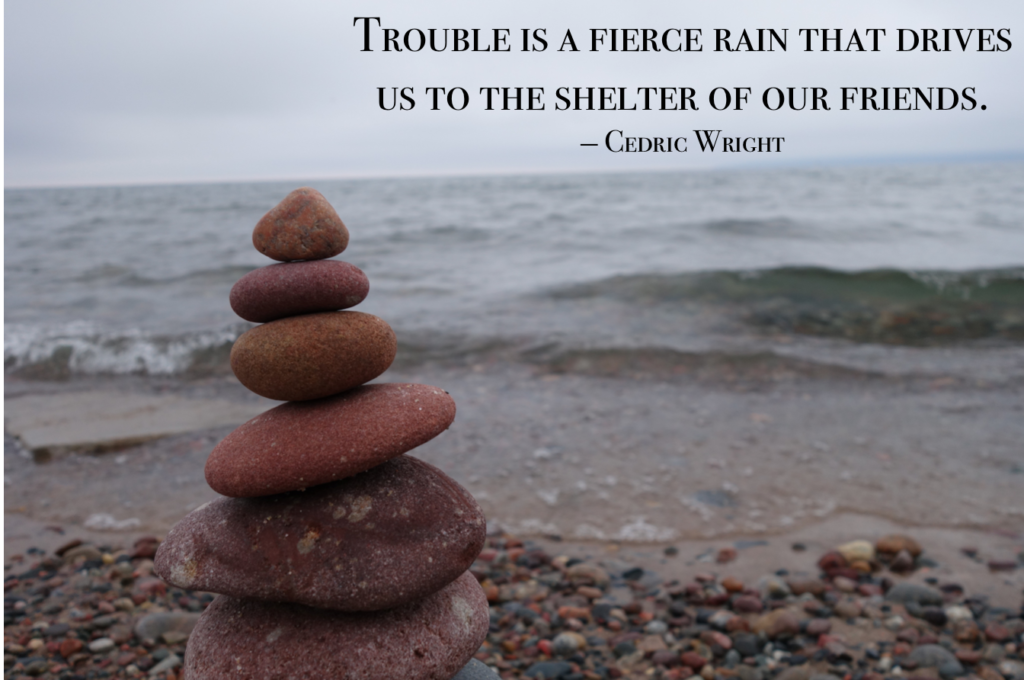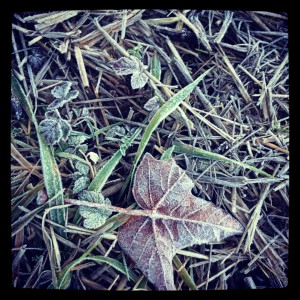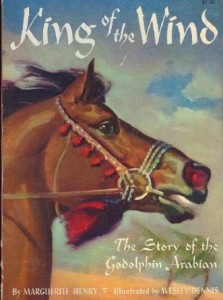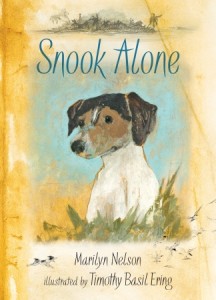
As many of you know, the last year has been a challenge for me. I’ve been driven (kicking and screaming) into activism. This intense immersion in news and politics is new for me. New and overwhelming. As a writer my most important skill is empathy, but as a newbie activist, my empathy can be crippling.
Several of you have reached out to ask if I’m okay.
Yes and no.
I’m not deeply depressed, but I am deeply wounded by this broken world.
The hardest days are the ones when I feel powerless against my congressman, against corporate money in politics, against the racist history of America, against violence of all kinds, and against the men calling the shots at the highest levels of government—men who don’t care at all about me or mine.
This powerless has bled into my writing life. There are days when I question everything I’m doing. I ask myself hard questions: Does this book matter? Do I have anything relevant to say? How can I spend my days creating worlds when the real world is burning around us?
I have struggled more than ever with my relationship to social media. There are huge benefits online. Thanks to Twitter I can listen to activists around the world. I can learn from people of color. I can broaden my experience of the world far beyond my small, predominantly white, rural town. I don’t want to disengage from that learning, but there are also some huge downsides. I am often inundated by heartbreak and suffering and cruelty to such an extent that I begin to believe our American culture is damaged beyond repair.
At those moments, I would be wise to close Facebook and to shut down Twitter.
And yet…
I don’t.
Why is that?
Not because of masochism, I assure you. It’s because of hope. It is because you are out there. You and good people like you. I keep scrolling because I am hoping to see you—a bright pinprick of light in a dark tide. I keep looking for the connections we make, the lifelines that keep us above the water, the way we reach out our hands to one another.
So this is the purpose of my missives from here on out—connection.
I want to entwine our fingers.
I want to reach together to the brightness.
I want to work and learn and listen and stretch.
And I want to carve out a space for human connection that is outside of the social media networks, which increasingly control our lives. So I will write you letters and hold this space, outside of the flood of bad news and calls to action, where we can talk if you want to. Maybe you could tell me how social media is impacting your life for good or ill these days.
I’ll leave you with another thought from Cedric Wright (1889-195). He was a violinist and wilderness photographer dedicated the preservation of the High Sierra. He mentored Ansel Adams, if that tells you anything. He was also a poet.
Our lives like dreams endure
and reach out over the universe.
Nothing real is to itself alone.
There are side streams to rivers; there are overtones to thought.
Great love reaches out
and is involved in the world’s purposes.
– Cedric Wright




 Listen. The last time I saw my father
Listen. The last time I saw my father 